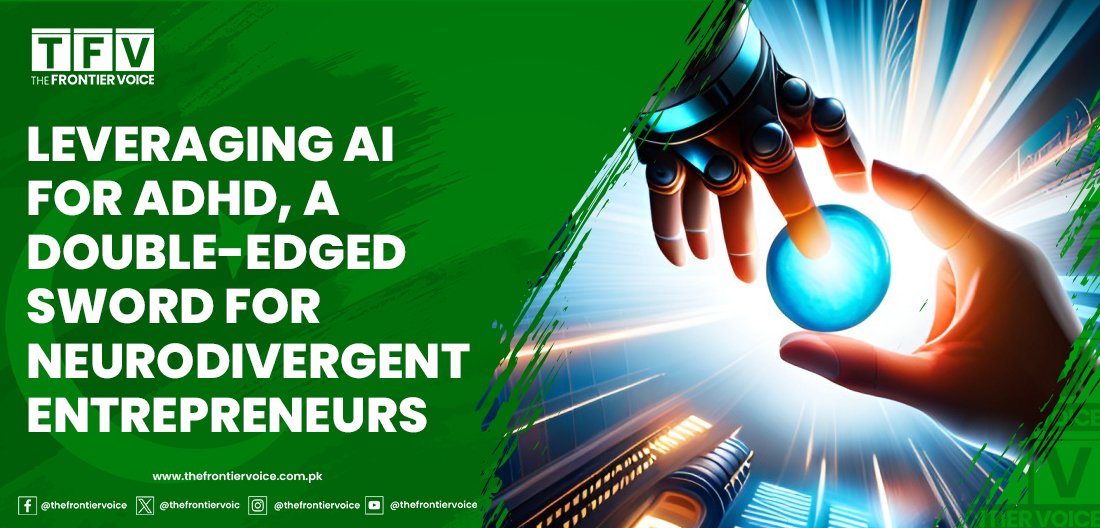HEALTH/LIFESTYLE
Leveraging AI for ADHD, A Double-Edged Sword for Neurodivergent Entrepreneurs

Becky Litvintchouk never imagined she could handle the overwhelming tasks of entrepreneurship, especially while managing ADHD. Her condition often made it difficult for her to focus and organize her thoughts. However, AI came to her rescue, particularly the Claude app, which helps her decide on contracts for her hygienic-wipes business, GetDirty, without having to pore over every detail.
For the past two years, Becky has relied on AI to create business plans by simply sharing her goals with the bot, which then generates step-by-step strategies. “It’s been just massively instrumental. I probably would not be where I am today,” she said.
Experts are increasingly recognizing the potential of generative AI tools to assist people with ADHD in managing daily tasks more effectively. These tools can help break down large tasks into smaller, manageable steps, provide reminders, and offer productivity boosts. However, professionals also warn against overreliance on AI. Emily Kircher-Morris, a counselor specializing in neurodivergent patients, believes that while AI can be a valuable tool, it should not replace traditional treatments such as medication and developing organizational skills.
John Mitchell, an associate professor at Duke University School of Medicine, echoes this sentiment, emphasizing that AI should be viewed as “one tool in a toolbox.” He cautioned, “If you’re kind of treading water in your job and AI’s a life preserver, well, that’s great you’re staying above water, but, you know, you still don’t know how to swim.”
Despite these concerns, AI tools have made a significant impact on the lives of individuals with ADHD. Becky Litvintchouk, for instance, has found them invaluable not just in business but also in managing her personal life. She uses ChatGPT to simplify grocery shopping by generating easy-to-prepare recipes along with corresponding shopping lists. Inspired by her success, Becky now creates TikTok videos to educate others about the AI tools she uses.
Yet, the use of AI is not without its challenges. There are concerns about privacy, potential biases in chatbot responses, and the risk of losing personal voice and authenticity in communications. Valese Jones, a publicist with ADHD, notes that AI often fails to capture the nuances of her Southern tone and identity. Software engineer Bram de Buyser, who created the Goblin.tools app to assist neurodivergent individuals, acknowledges the future potential of AI but also warns of privacy risks associated with granting AI access to personal data.
